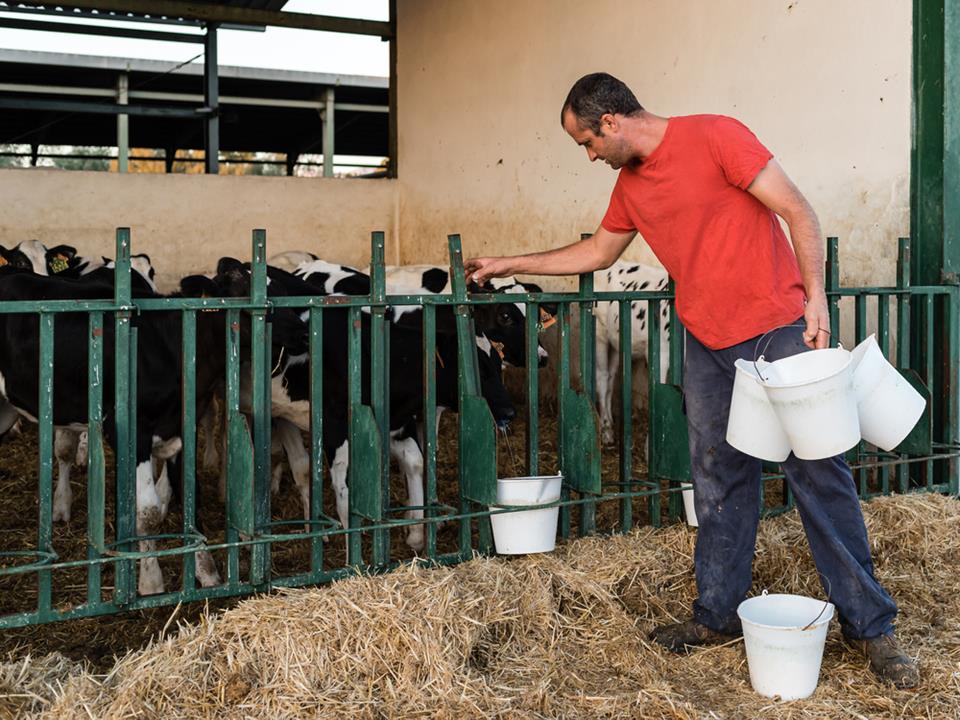Change language:
The influx of guest workers in Hungary decreased significantly this year
The landscape for guest workers in Hungary is undergoing a significant shift as economic challenges and stricter regulations reshape labour demand. While the influx of foreign workers has slowed, key sectors like logistics and hospitality still rely heavily on overseas labour, highlighting the growing complexities of Hungary’s workforce dynamics.
Number of guest workers in Hungary faces a major shift
As Portfolio reports, the influx of guest workers in Hungary has shown a notable shift this year, as economic challenges have caused the steady rise in numbers to plateau. According to the Hungarian Central Statistical Office (KSH), nearly 100,000 foreign workers were recorded in autumn, reflecting a decrease in growth.
Magdolna Mihályi, managing owner of Jobtain HR Services Ltd., explained that while the import of foreign workers continues, it has slowed due to a 5% drop in industrial production compared to last year. Factors contributing to this slowdown include a recession in the automotive sector, reduced investment, and stricter government regulations on foreign labour assessments. Additionally, Hungarian labour reserves are being mobilised more actively, further influencing the demand for foreign workers.
What is fueling the change?
Magdolna Mihályi of Jobtain HR Services Ltd. highlighted several factors behind the trend described above, including a sharp decline in investments, a recession in the automotive sector, and stricter government regulations on foreign labour assessments. Similarly, József Nógrádi, Commercial Director of Trenkwalder, noted a 25% drop in the inflow of foreign workers compared to last year, attributing it to European economic stagnation and tighter Hungarian policies. With domestic worker recruitment on the rise and existing guest workers filling critical roles, demand for foreign labour has fallen by 30% compared to the previous year. Stricter regulations have also improved transparency and eliminated exploitative practices, contributing to a more regulated labour market.
Struggling sectors
The demand for guest workers in Hungary is shifting as economic conditions vary across industries. While the automotive and construction sectors face redundancies, logistics, transport, and food continue to attract workers, particularly from the Philippines, Vietnam, India, and Indonesia. Despite efforts to mobilise domestic workers, labour shortages persist in hospitality, IT services, and waste processing. Experts note that Hungary’s declining working-age population and nearly full employment make foreign labour indispensable, though future demand depends on economic recovery and government policies. With strict regulations, the number of guest workers in Hungary is expected to stabilise around 150,000.

Read also:
- Filipino workers step in to milk cows in a small Hungarian village
- Food courier crisis in Hungary: Labour shortage and opportunities for foreigners with KATA tax revisions
Featured image: depositphotos.com







